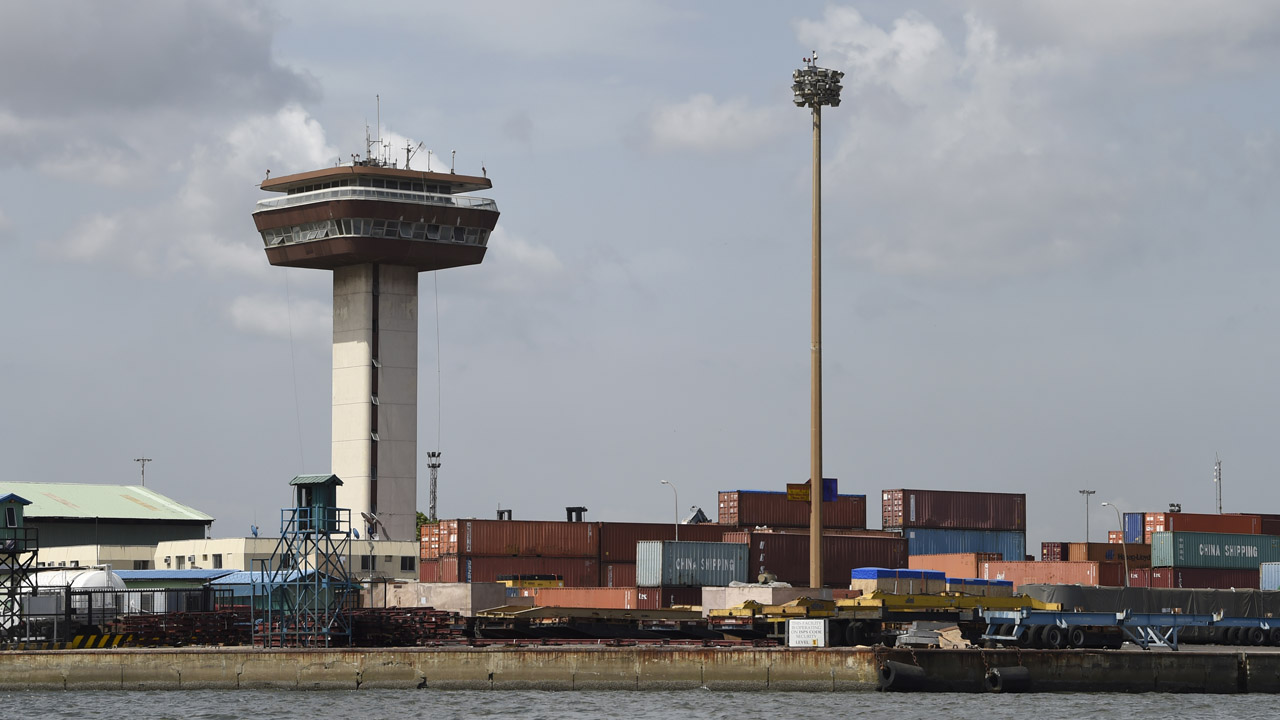
Consequently, the Lagos Chamber of Commerce and Industry (LCCI) has expressed concern over the inefficient cargo handling system and deployment of additional barriers, stating that scanners at the Lagos Ports Complex have not worked in the last two years.
It argued that the dependence on physical examination for cargo releases has not only been laborious and arduous, but also time wasting.
Reacting to a circular issued by the Nigeria Customs Service (NCS) deploying Strike Force to all ports with powers to intercept and seize cargoes, the LCCI stated that the move would hinder investments and further complicate the cargo clearing process.
The LCCI added that the move would undermine President Muhammadu Buhari administration’s Ease of Doing Business Policy and a negation of the Presidential Executive order on streamlining of ports processes.
“The Lagos Ports are the biggest ports in the country handling over 1.5 million 20-foot containers equivalent annually. This underscores the enormity of the consequences of physical examination of containers for cargo clearing efficiency. It is detrimental to cargo release process and the economy.
“It is imperative for the Federal Government to expedite action on the procurement of scanners for the ports to end physical examination of cargoes and make the system technology driven.
“The move is a duplication of functions of the customs resident officers at the ports, which have statutory responsibility to examine and release cargoes to importers.
“It would slowdown cargo clearing process, as it amounts to creation of another layer of authority to intercept and seize cargoes that have been duly released by all agencies involved in examination of cargoes,” it stated.
The agencies include Resident Customs officers, National Drug Law Enforcement Agency (NDLEA), Department of State Services (DSS), Ports Police, Nigeria Immigration Service (NIS), Nigerian Ports Authority (NPA), Nigerian Maritime Administration and Safety Agency (NIMASA) and Port Health.
LCCI added that the directive confers vast discretionary powers on the Strike Force, which makes cargo-clearing process vulnerable to arbitrariness and coercion, which could undermine the integrity and credibility of the process.
“Deployment of strike force to the ports suggests distrust and lack of confidence in the resident customs officers, who were deployed to various commands by the Comptroller General (CG) in the first place,” it added.
Meanwhile, the Federal Government has concluded plans for the commencement of cargo delivery by rail to the Kaduna Inland Dry Port.
Scheduled for Tuesday, May 7, 2019 at the facility’s premises in Kakuri, Kaduna State, the programme will be attended by Governor Nasir Ahmed El-Rufai and Minister of Transportation, Rotimi Amaechi, who will flag-off the service.
A statement by the Nigerian Shippers Council (NSC), promoters of dry ports projects across the country, said the council would also hold an interactive session with all relevant stakeholders immediately after the event.
The interactive session with the stakeholders is tagged: Optimising the Kaduna Dry Port as Key to Nigeria Economic Diversification.
Executive Secretary of NSC, Hassan Bello, said the commencement of railway operations to the dry port was a watershed.
[ad unit=2]



